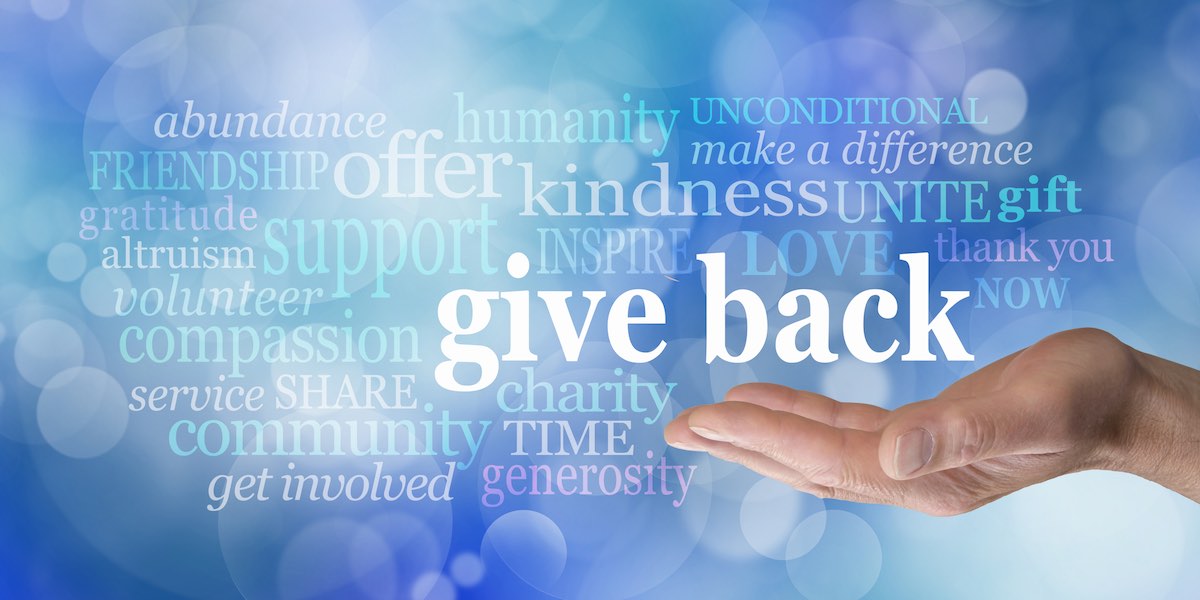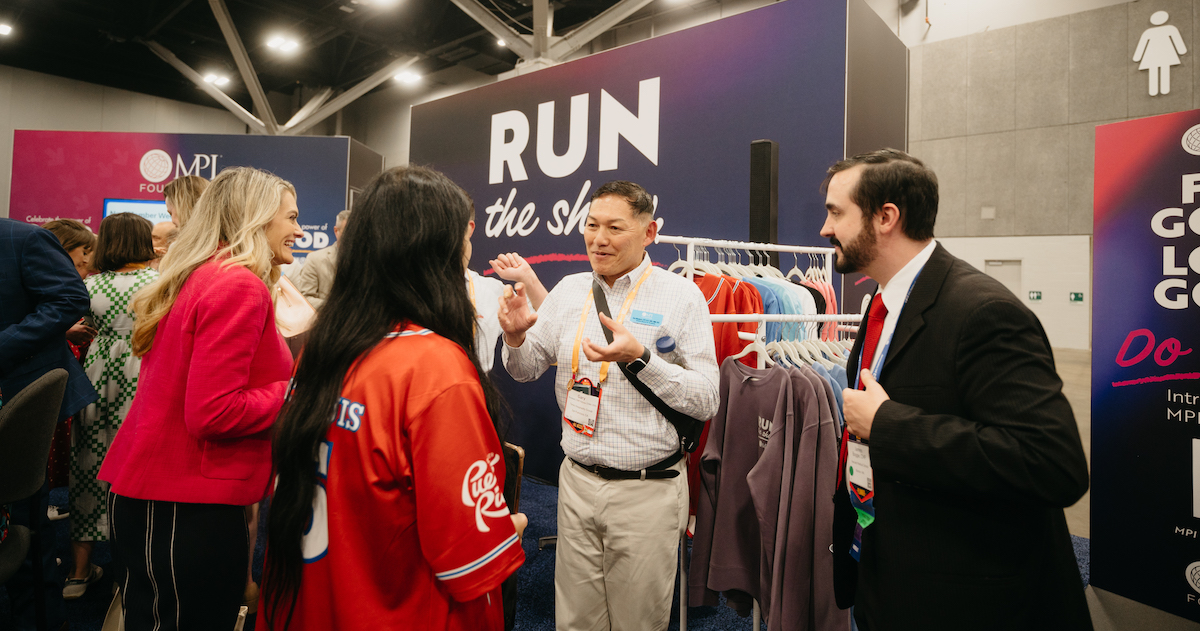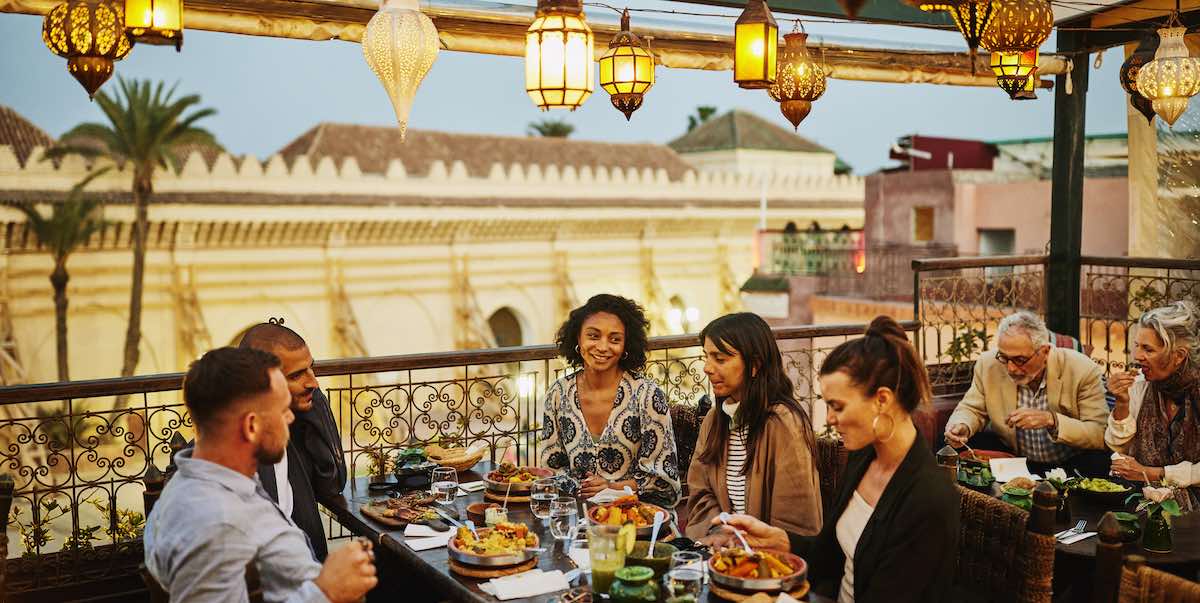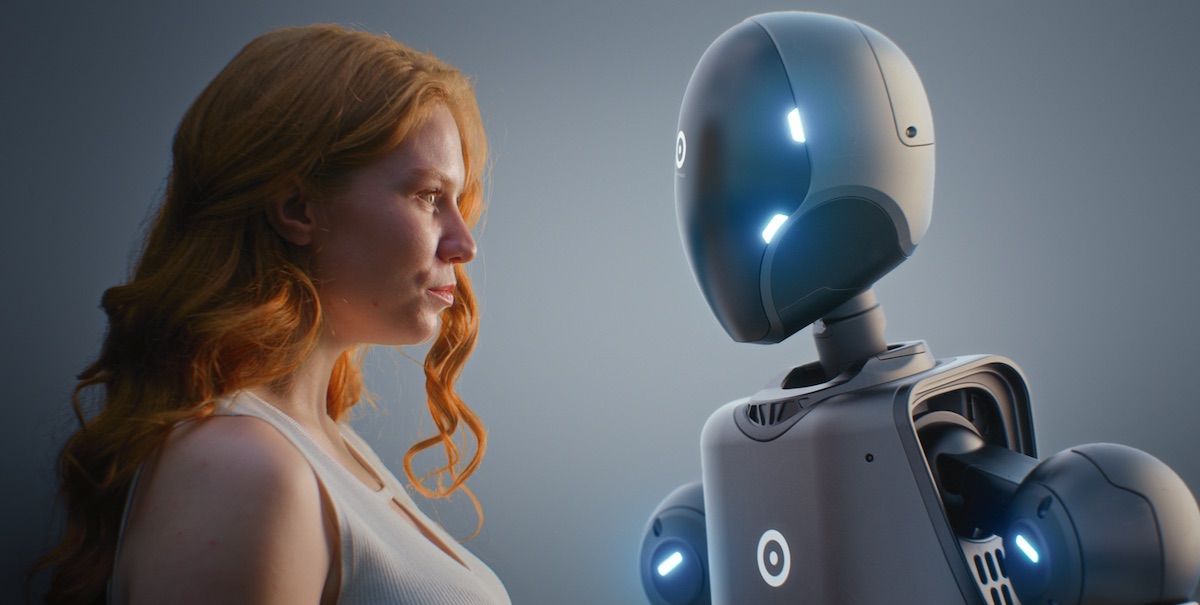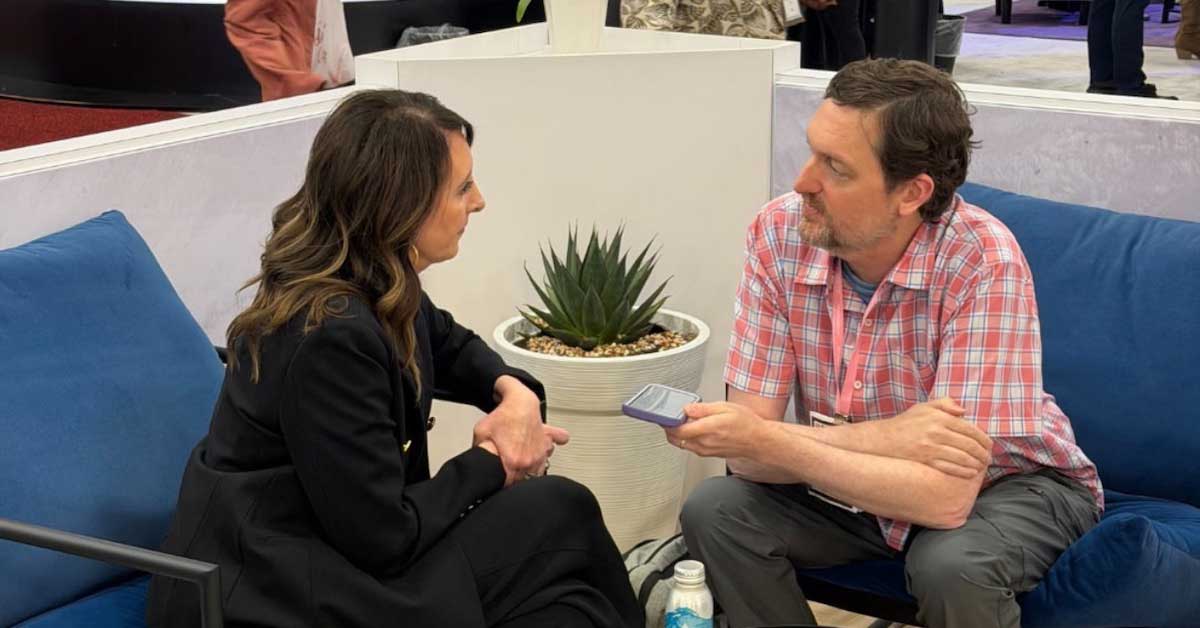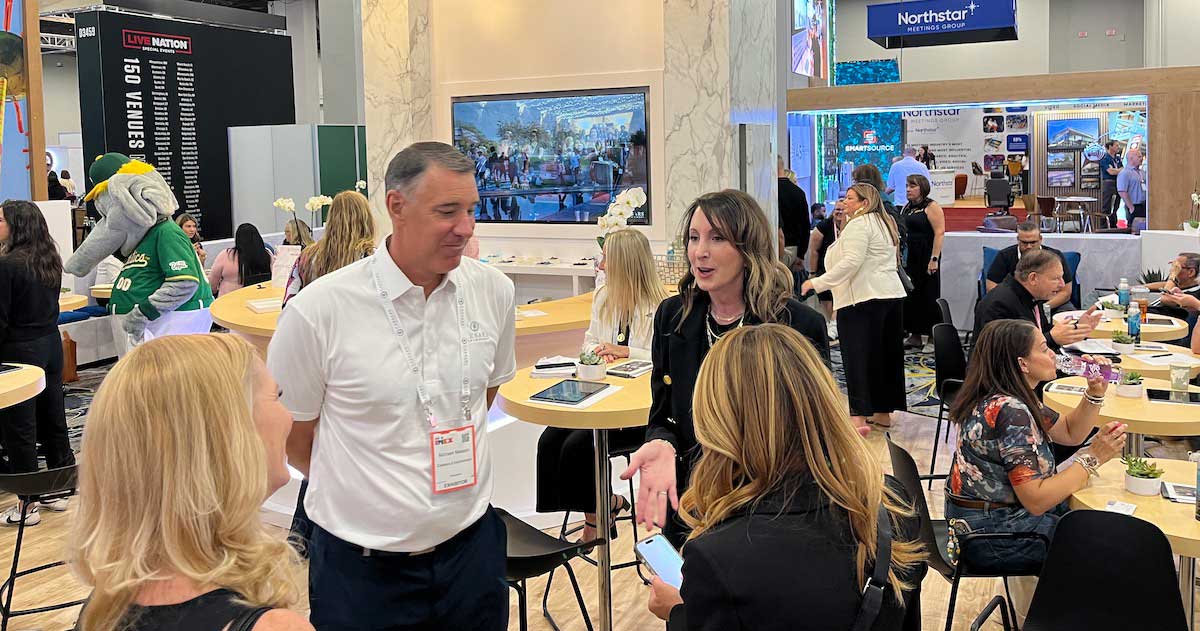A chat with Janet Sperstad, CMP (MPI Wisconsin Chapter), faculty director, event management business solutions at Madison College, about her IMEX Frankfurt session (Thursday, May 25) “The human nature of kindness: Explore the hard science behind the soft skill,” a part of the event’s inclusivity-focused AVoice4All education.
How did you get involved with the IMEX Frankfurt AVoice4All programming?
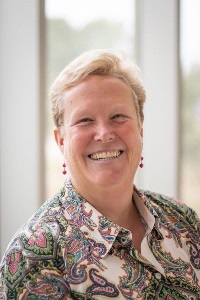 I’d developed a kindness-and-inclusion curriculum for my college because I’d seen that inclusion was [usually approached] from the perspective of trying to include somebody who is not being included. I teach a global class that includes students from Qatar, Germany, Northern Ireland and [locally]. And I thought, “What are some commonalities?” I started looking at that and decided I’d peel back to kindness—while kindness might not be universal, it is ubiquitous. I started playing around with how I could use kindness for inclusion.
I’d developed a kindness-and-inclusion curriculum for my college because I’d seen that inclusion was [usually approached] from the perspective of trying to include somebody who is not being included. I teach a global class that includes students from Qatar, Germany, Northern Ireland and [locally]. And I thought, “What are some commonalities?” I started looking at that and decided I’d peel back to kindness—while kindness might not be universal, it is ubiquitous. I started playing around with how I could use kindness for inclusion.
At the Future Leaders Forum, I told Dale Hudson-Johansson [knowledge and events director for the IMEX Group] about that and how I was really seeing some attraction to it from faculty, students and a wider [audience]. So I sent it over to her and she said she was working on the launch of AVoice4All. That conversation was in 2021 and she [subsequently] asked me to be a moderator for AVoice4All [at IMEX America] and to include a focus on kindness.
What do you want attendees to take from your session and from the AVoice4All programming?
I want people to take away that our brain instinctually looks for differences. We evolved and survive as humans in this world by looking for differences first. The brain’s natural set point is to look for differences and we unconsciously put people in “my group” or “their group,” or us/me/them. It’s not valuing or judging—that’s what we put on it. The brain is saying, “If you look like me or think like me, act like me, talk like me, I inherently feel safer with you.” The brain is always [trying to] predict what’ll happen—which is one thing the brain can’t do, but it constantly tries. Since we often cooperate with those people who look like us, act like us, talk like us or think like us, we’re automatically drawn to them. So, we really have to [approach] people who are not typically our go-to people. Go to those people who you don’t always talk to because hearing their language and views, even on a little tiny thing, can change your perspective. Life is micro-moments; life is those little steps. So, on those little tasks or ideas, go to somebody who’s different.
I work in a huge office with 27 faculty and I love it because they’re not from events or hospitality—they’re all across the board. [Their insight from] a different discipline is always interesting. You can teach an old dog new tricks.
So, this isn’t about valuing or judging, it’s the brain’s wiring and the more we do something, the more it gets wired. You can change your neuron pathways, the natural set point is to go to someone who thinks like us, but we can change things. Do something different, little bit by little bit: Brush your teeth with the opposite hand, drive to work a different way…start doing those little things that have little cost to expand the wiring with new ways of doing things.
You can re-wire your brain differently, that’s one thing I’d like attendees to take away from the session. I want them to take away that this is our natural set point—to be with people who make us happy, comfortable and safe—but “group think” is not a good thing; good ideas do not come out of group think. Confirmation and affirmation do come from that. If you are a minority in a room and you have an idea that you want to share, how safe of a place did your leader make it for you to share?
How kindness comes in: It’s the antidote for “us versus them.” Kindness is a pro-social thought, it’s about others. Our brain is more connected to people than data; kindness is really about a perception of others. Yes, we can be kind to ourselves, but most often it’s easier to be kind to others than to our own self.
Kindness is a culture, and we can create a culture of kindness. Kindness is a smile. Kindness is asking about each other—all of the things we started this very conversation with. You and I have known each other for almost two decades, we see each other maybe once or twice a year, but I know you and you know me—we’re each a known entity, so we create that culture together, a culture of kindness. Kindness is very soft. Kindness is very quiet.
I had students explore the difference between kindness and “nice.” They had research and activities around this—including talking to family and friends. They had to take 30 days to focus on being kind, and 30 days of being nice and journal about it. At the end, some of them wrapped it up so succinctly: nice is from the head; kindness is from the heart. Every one of my students, across multiple countries, agreed with that. They said they gave more thought to being nice, but kindness was easy [but it’s] deeper and it can really build a culture.
As we explored it, there are really four skills that build inclusion and kindness: active listening, perspective taking, gratitude and self-awareness. Those four things really involve kindness that creates a sense of belonging.
What do you want to take away from your time at IMEX Frankfurt?
I’m always interested, every time I share information, to see what is grabbed onto, particularly at a multicultural event like IMEX. I want to walk away from this having contributed to [attendees’] lives, to make them a little happier because that makes me happy. I mean, I’m a public teacher because I love being a public servant, man. I came into this to make a difference. Everyone talks about inclusion like it’s something you go off and do—and it’s not; it’s the little moments that create a sense of belonging. We all have kindness inside of us—how can we accentuate that? How can I help [attendees] be more successful and happier?
Life is really complex and so are people, but at the end of the day, we all want the same things. So, when I said “yes” to help with AVoice4All, it gives me a chance to share my gifts and it makes me happy.
